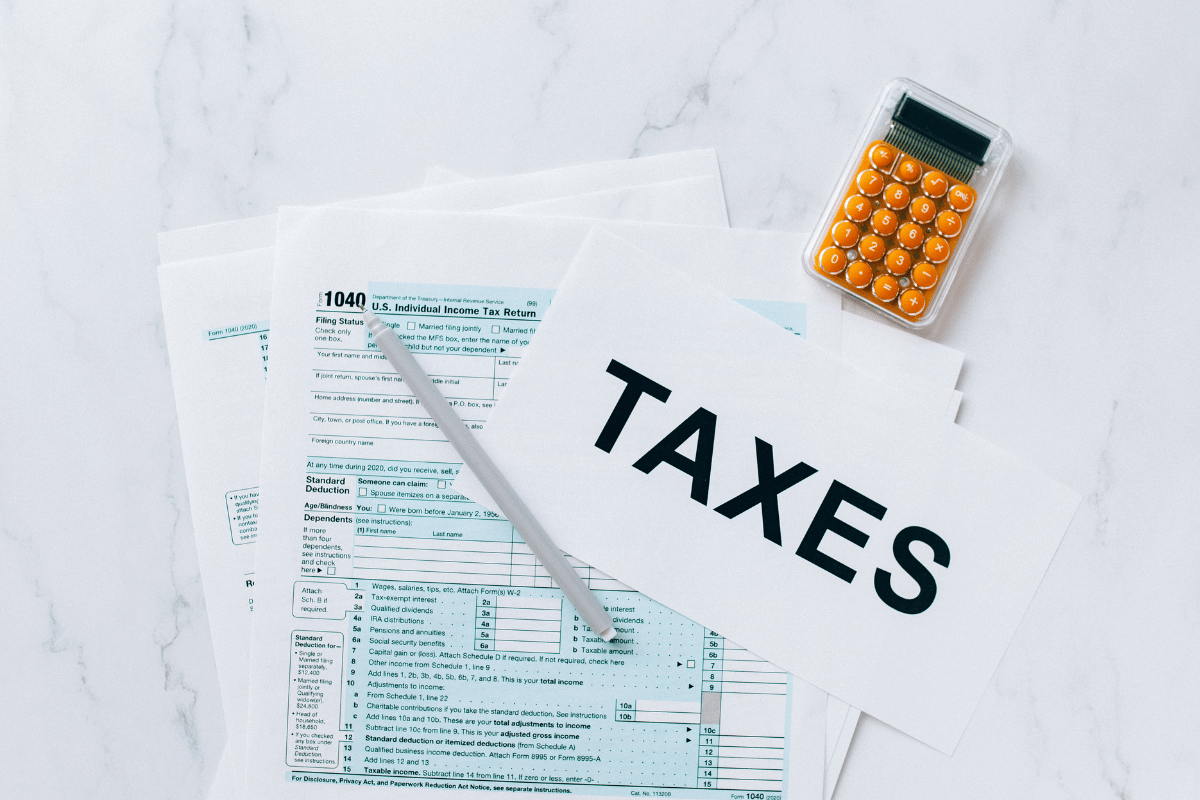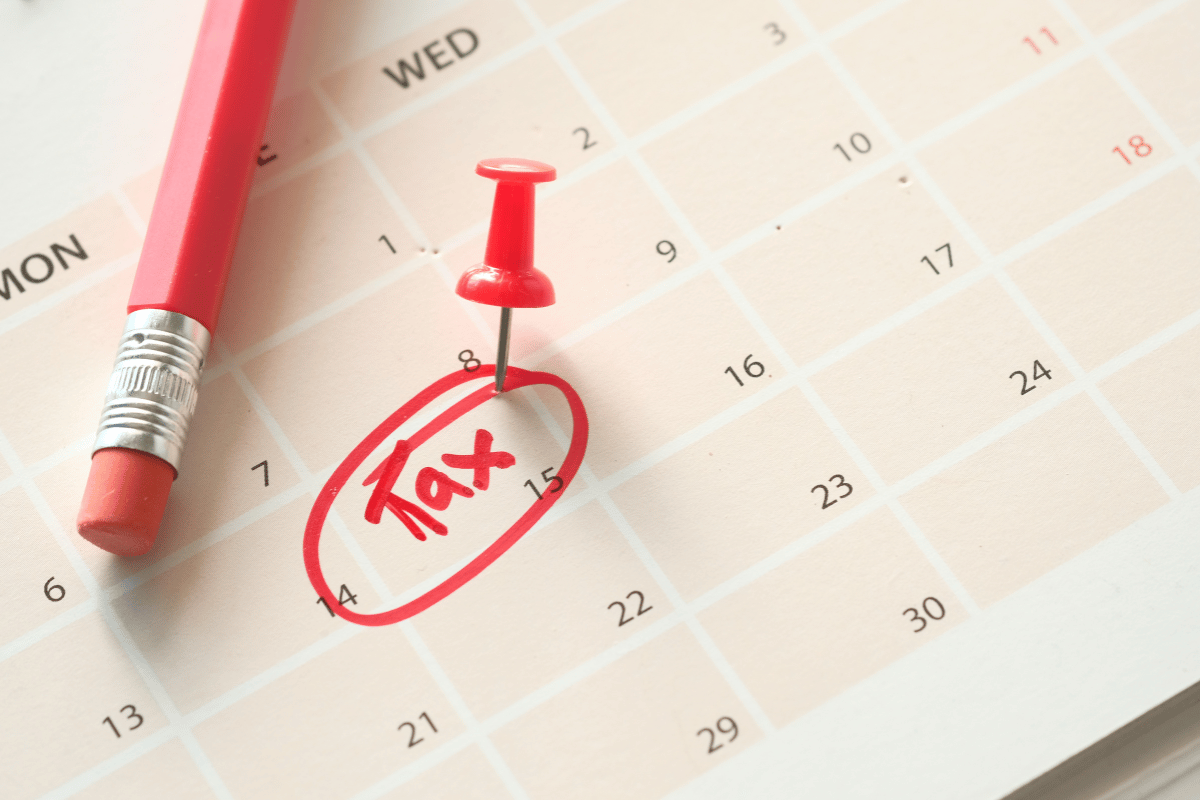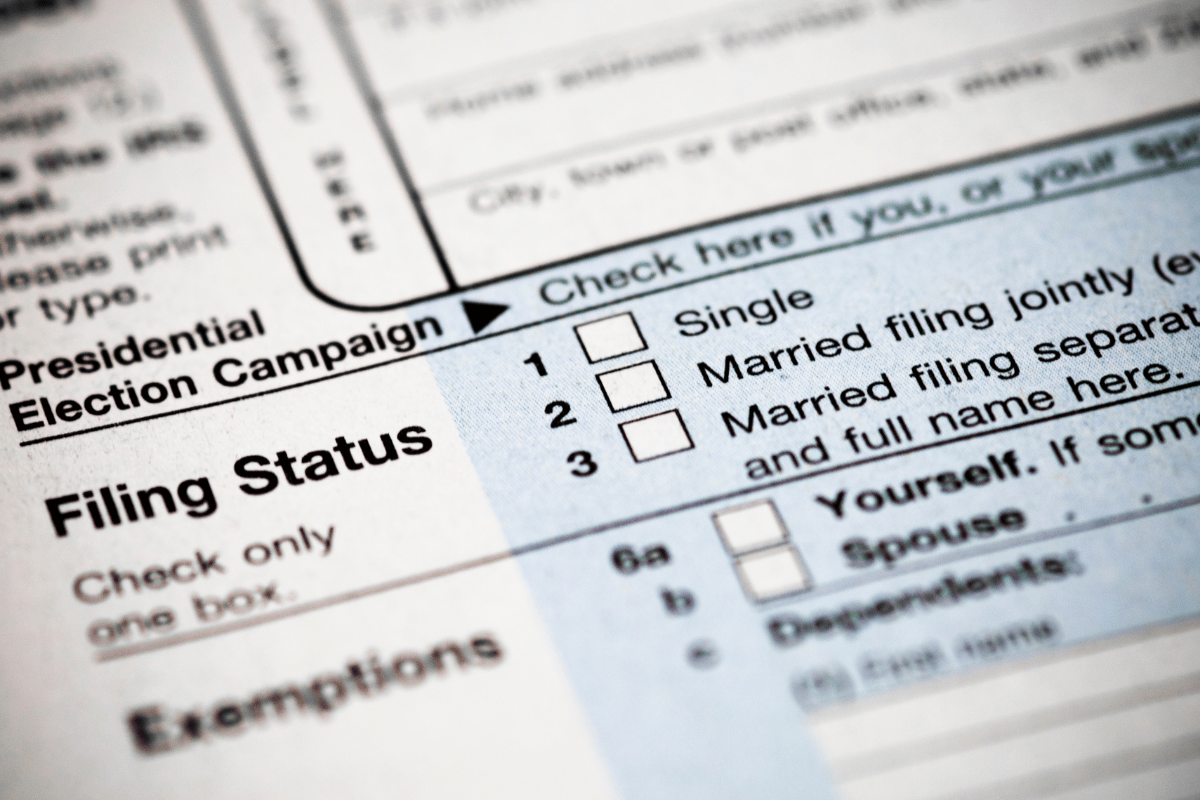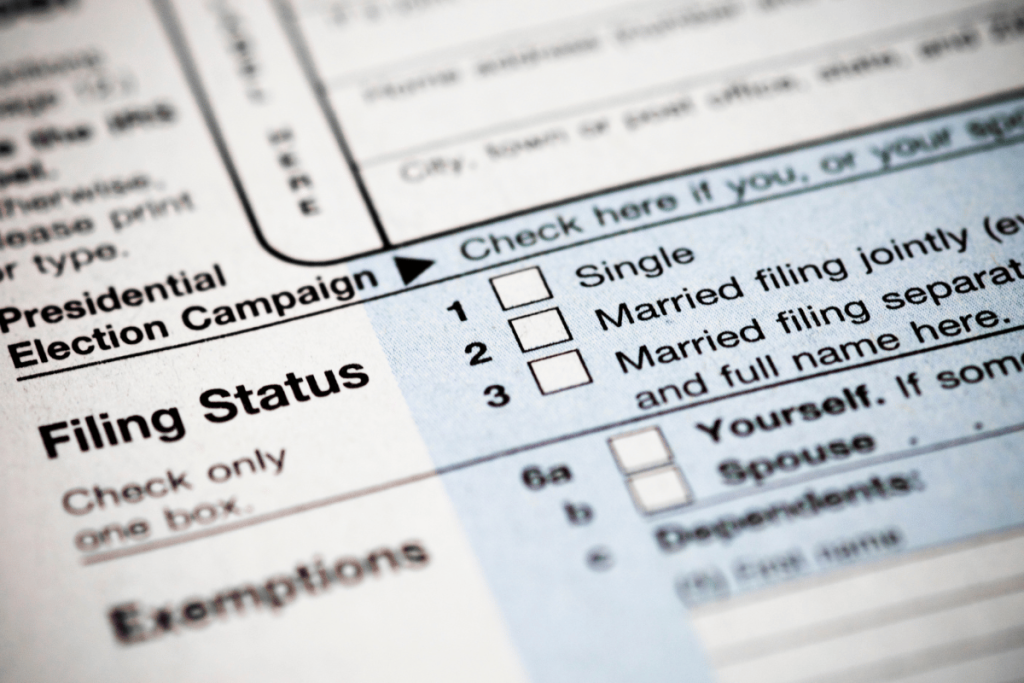Filing taxes isn’t just about meeting deadlines it’s about staying compliant with Canadian tax laws and setting your finances up for success. Whether you’re a homeowner, small business owner, or professional, knowing when and how to file is crucial. In this guide, we’ll walk you through important timelines, CRA rules, and best practices to help you avoid common mistakes and penalties.
As tax professionals, we often see clients miss out on deductions or face penalties simply because they weren’t sure when to file. Let’s break down the key dates and details you need to know.
Personal Income Tax Filing Deadlines
For most Canadians, the personal income tax filing deadline is April 30 each year. This applies to income from:
- Employment
- Pensions
- Investments
- Rental properties
If April 30 falls on a weekend or public holiday, the deadline moves to the next business day.
Self-employed individuals (and their spouses or common-law partners) have until June 15 to file, but any taxes owed must still be paid by April 30 to avoid interest charges. Keep in mind filing and payment deadlines are different.
Pro tip from a Toronto CPA
Start organizing your tax documents early January and February are perfect for getting ahead. Waiting until the last minute often leads to errors or missed credits.
Corporate Tax Deadlines
If you own an incorporated business, the rules are different:
- Corporate income tax returns (T2) must be filed within six months of your fiscal year-end
- Any balance owing is typically due two or three months after your fiscal year-end, depending on your company’s tax status.
For example, if your fiscal year ends December 31, your T2 return is due by June 30 the following year. The payment deadline may be earlier, so check with your CPA to be sure.
GST/HST Filing Deadlines
Businesses registered for GST/HST must file returns based on their reporting period, which could be:
- Monthly
- Quarterly
- Annually
For annual filers, the deadline is usually three months after your fiscal year-end. Late filing or payments can lead to penalties, so staying on schedule is important.
What Happens If You Miss a Deadline?
Missing tax deadlines can be costly:
- Late-filing penalty: 5% of your balance owing, plus 1% for each full month your return is late (up to 12 months).
- Interest charges on unpaid amounts.
- Potential loss of refundable tax credits.
If you miss a deadline, file as soon as possible to limit penalties. You may qualify for Taxpayer Relief if you have a valid reason (such as serious illness, family tragedy, or natural disaster). A trusted Toronto accountant can guide you through this process.
Best Practices to Stay On Top of Your Taxes 
1. Mark Important Dates
Use a digital or paper calendar to track key tax deadlines. Set reminders well in advance.
2. Gather Documents Year-Round
Don’t wait until tax season to find receipts and slips. Keep a simple filing system for T4s, T5s, RRSP receipts, donation slips, and medical expenses.
3. Consider Quarterly Instalments
If you’re self-employed or earn rental/business income, you may need to pay quarterly instalments. The CRA will notify you if this applies. Paying on time prevents surprises at tax time.
4. Work With a Professional
A CPA in Toronto can help you:
- Identify all eligible deductions and credits
- Ensure compliance with tax laws
- File accurately and on time
- Plan ahead for future tax seasons
5. Use CRA’s Online Tools:
The CRA’s My Account and My Business Account portals let you check your tax status, balances, instalments, and more securely and conveniently.
Why Timing Matters
Filing late can cost you more than just money it can cause unnecessary stress and complications. Whether managing personal taxes, small business returns, or corporate filings, staying organized and informed is the best way to stay compliant.
If you ever feel unsure about deadlines, deductions, or filing requirements, working with a Toronto-based CPA can make tax season easier and less stressful. Smart planning today means fewer headaches tomorrow.






